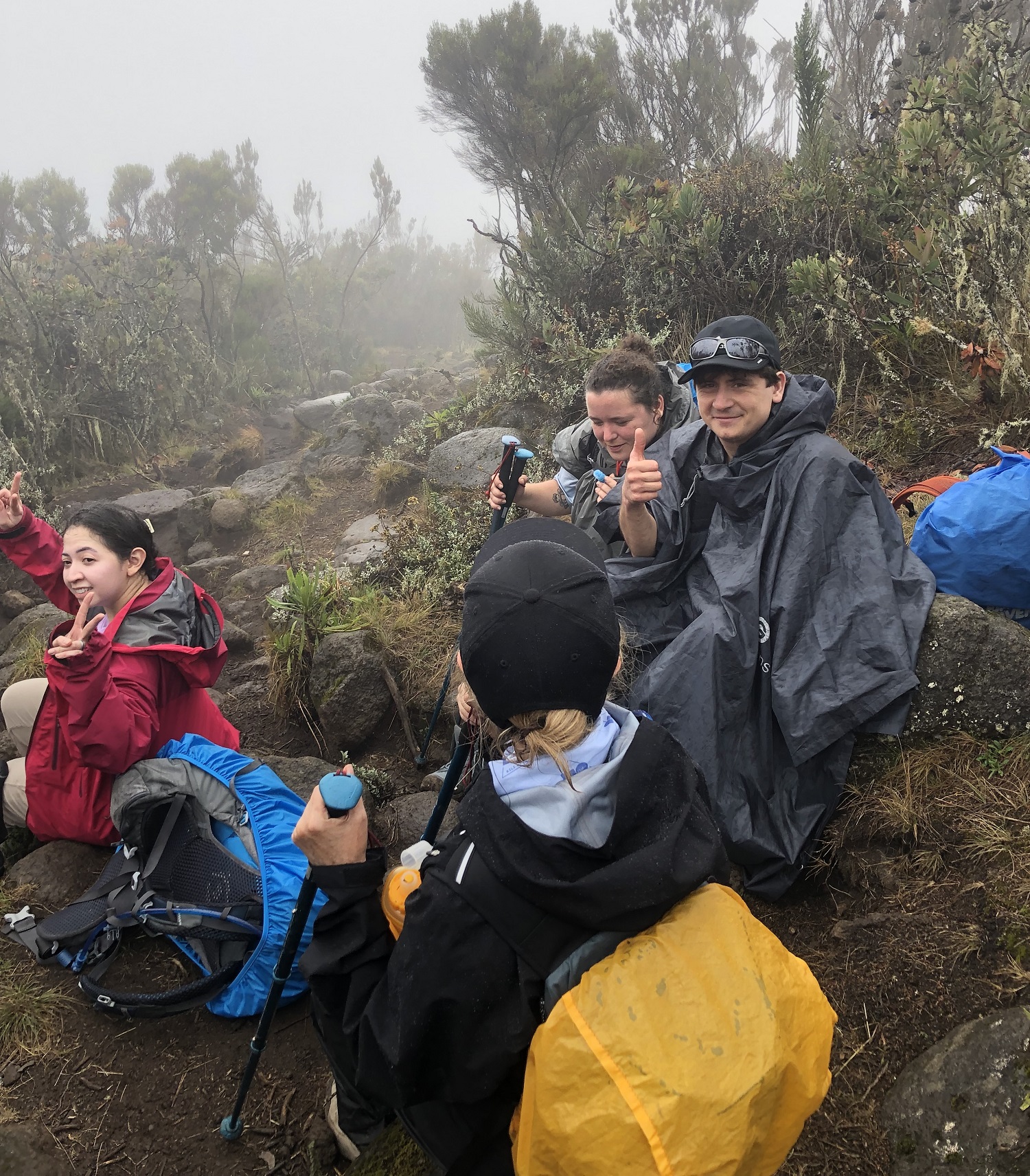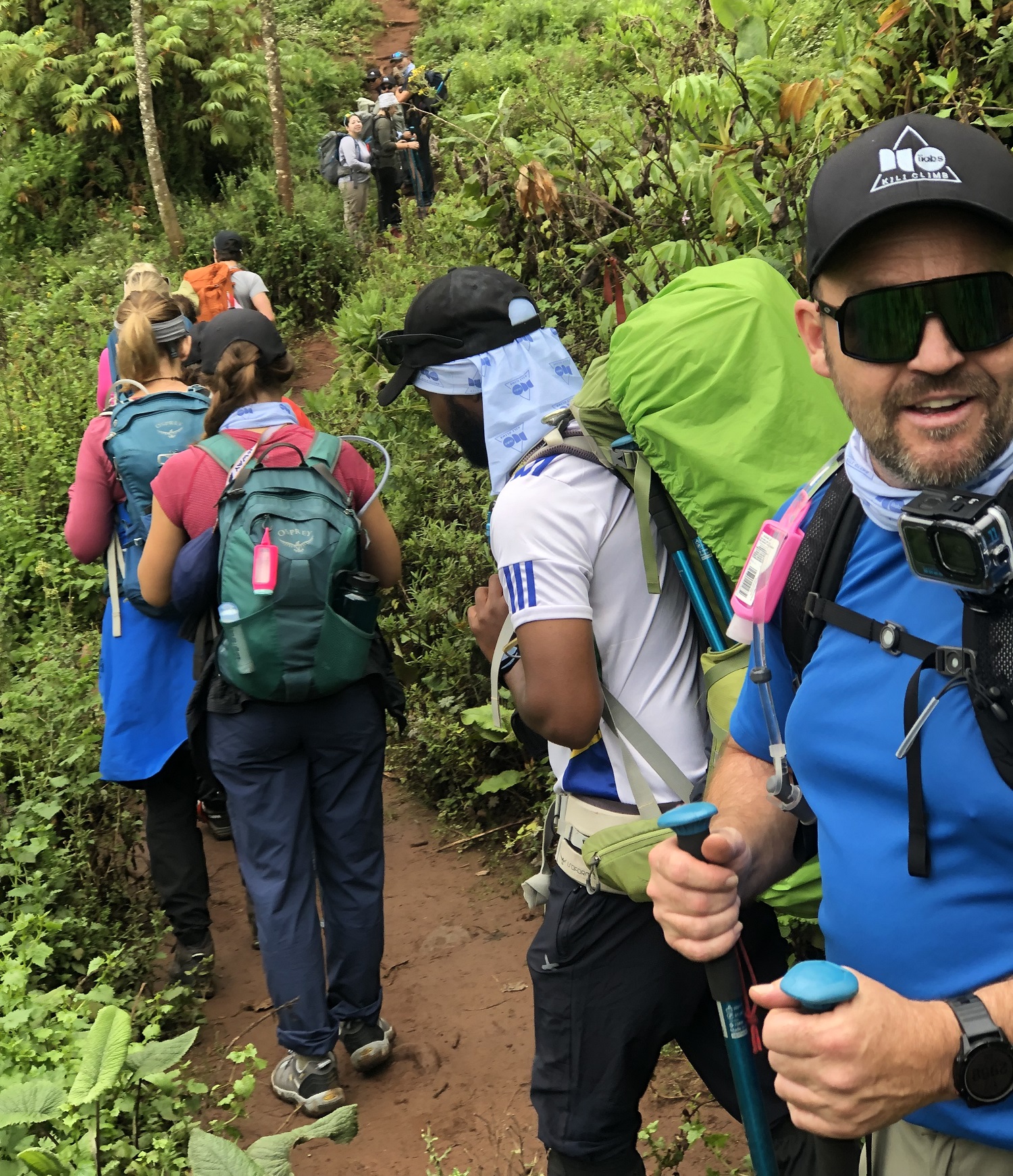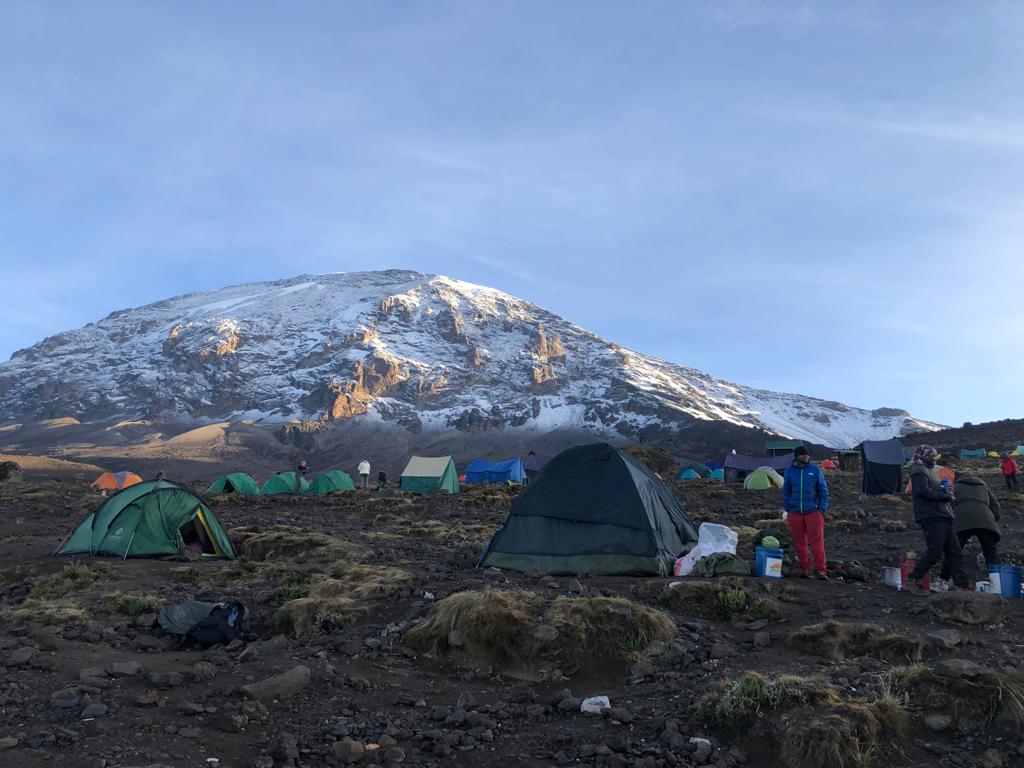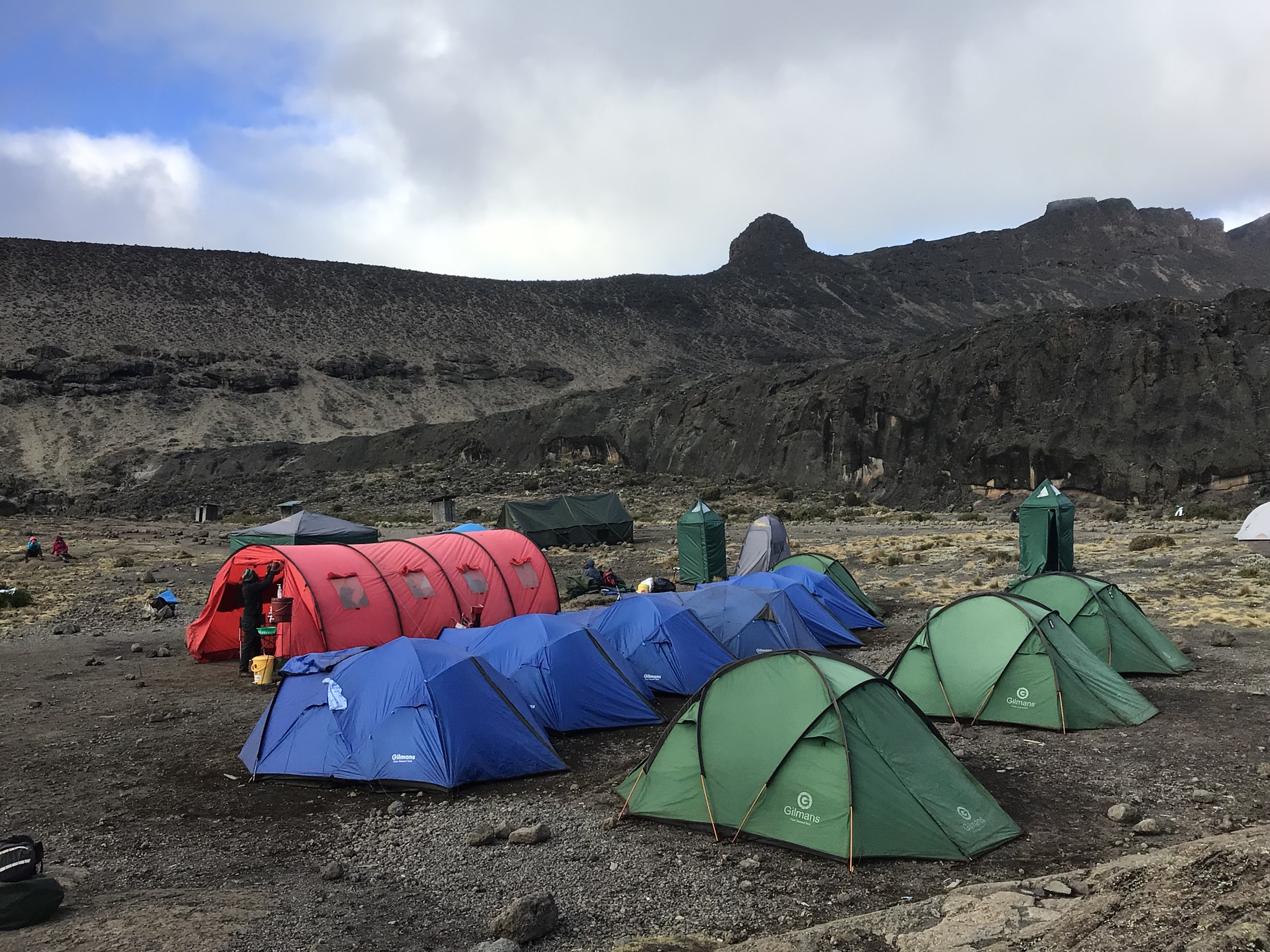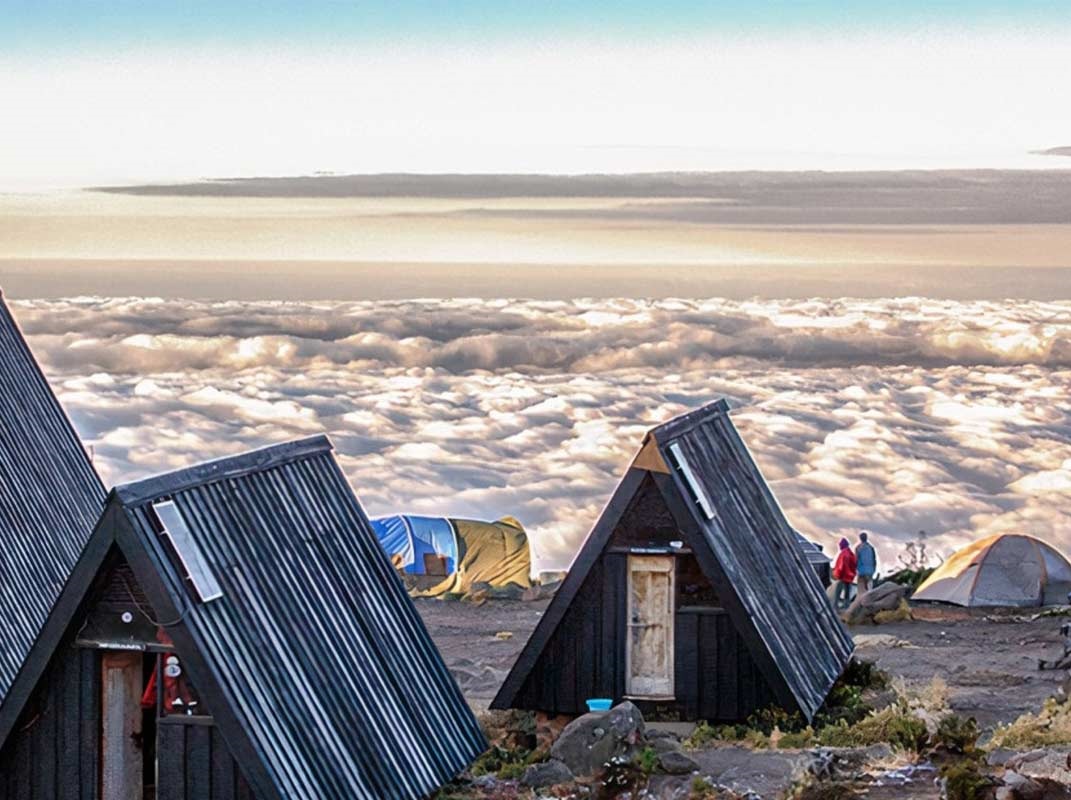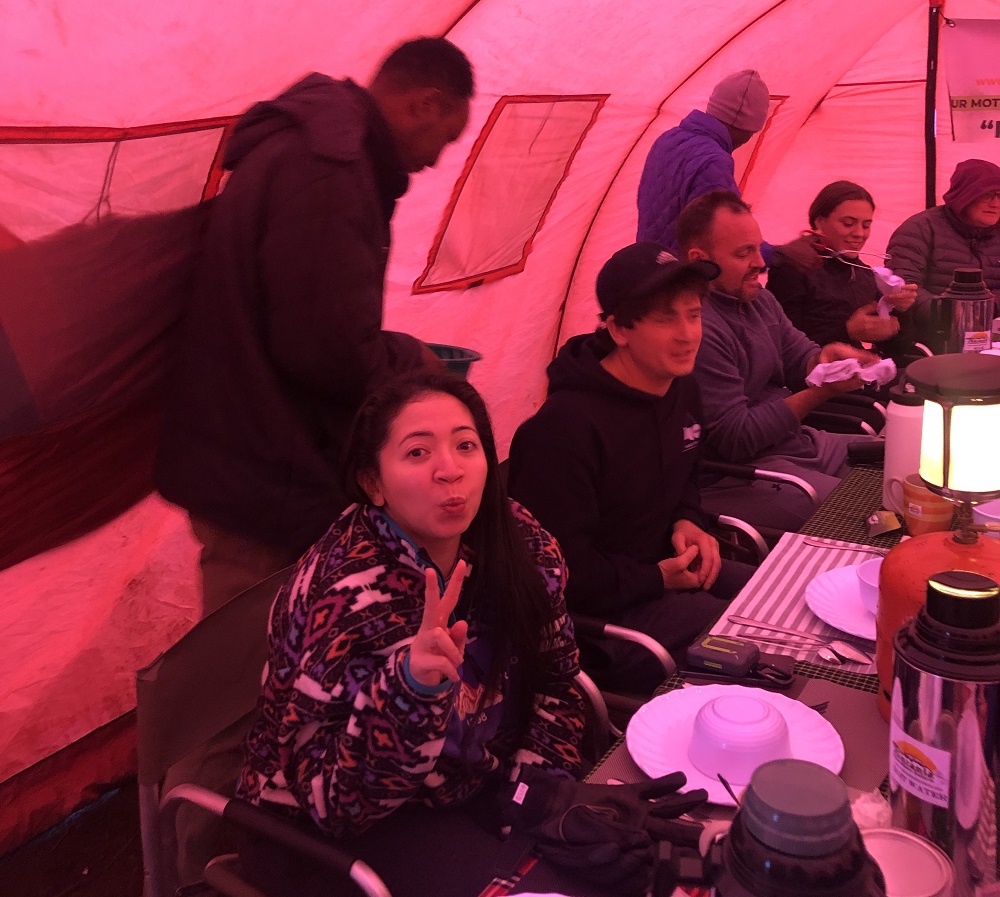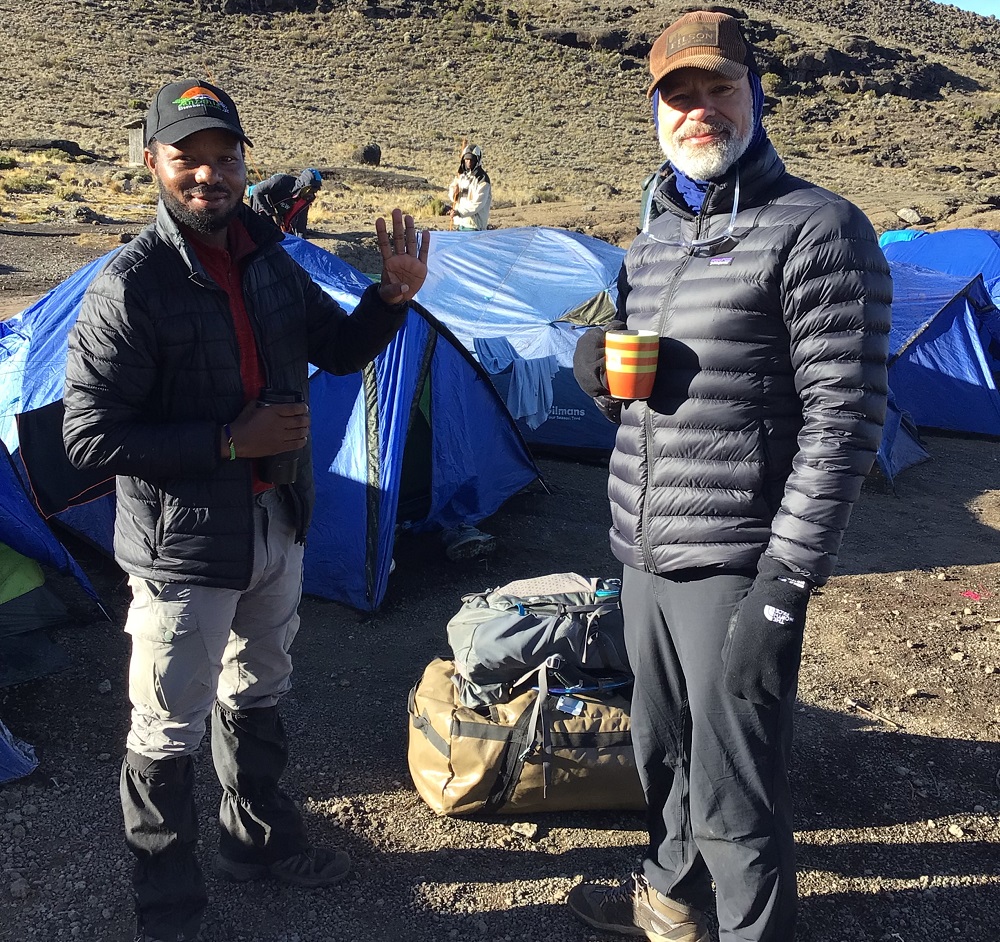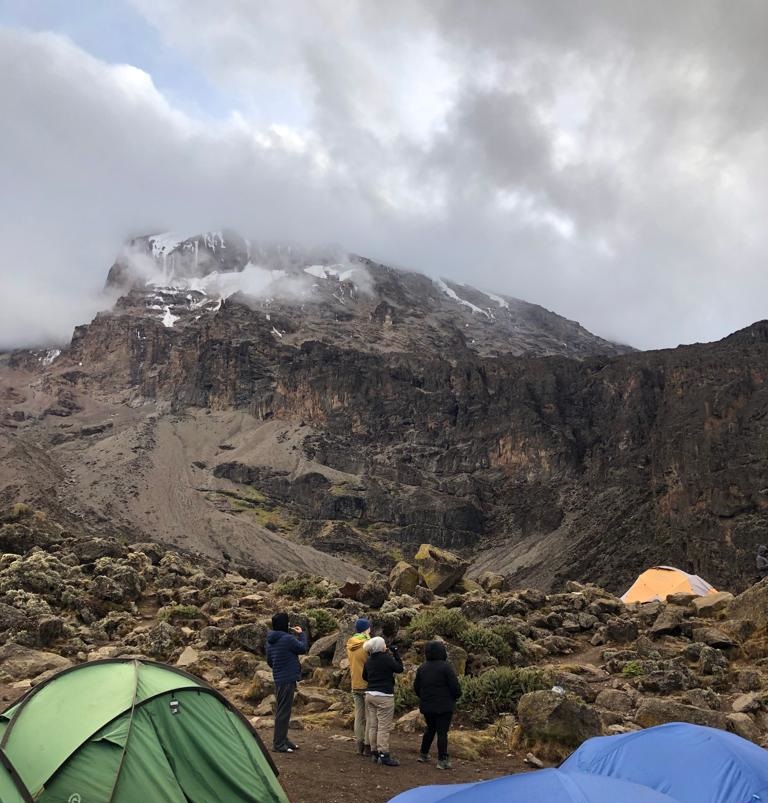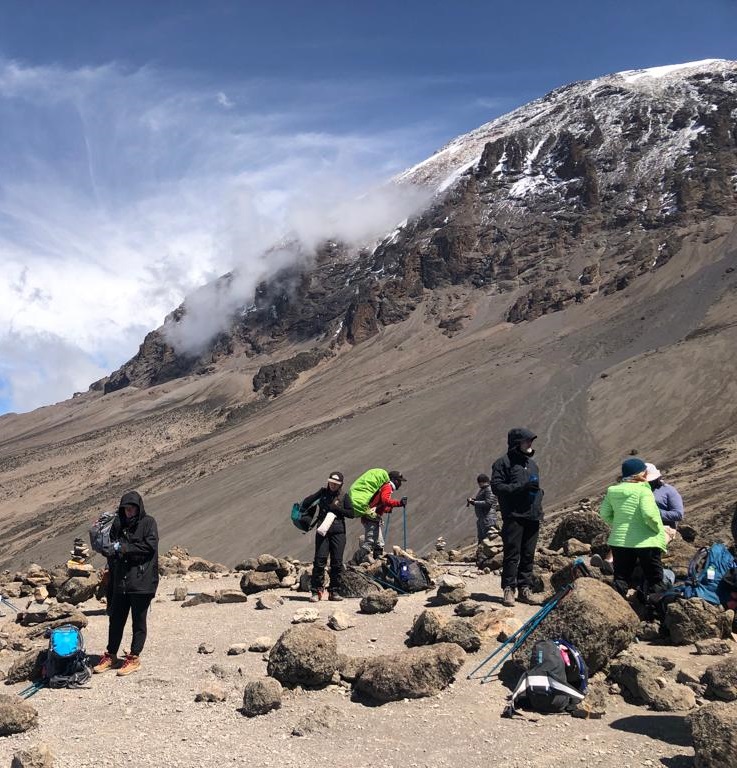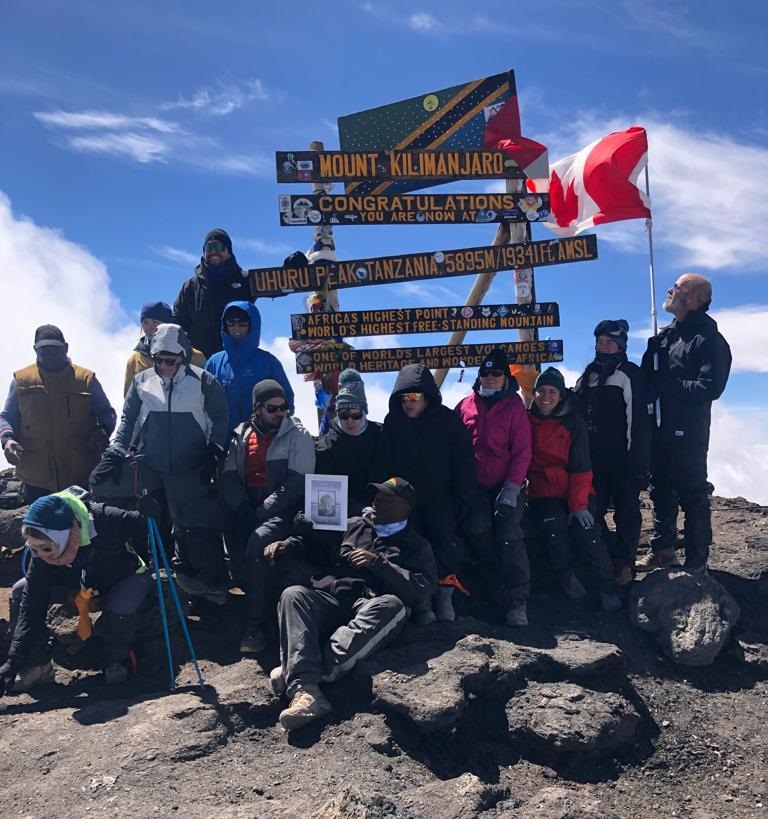Kilimanjaro Climbing Safety Tips & Preparations
Climbing Mount Kilimanjaro is an exciting challenge, but it requires proper preparation and safety awareness. Here's a comprehensive guide on how to prepare physically, stay safe, manage health, and take medications during your trek.
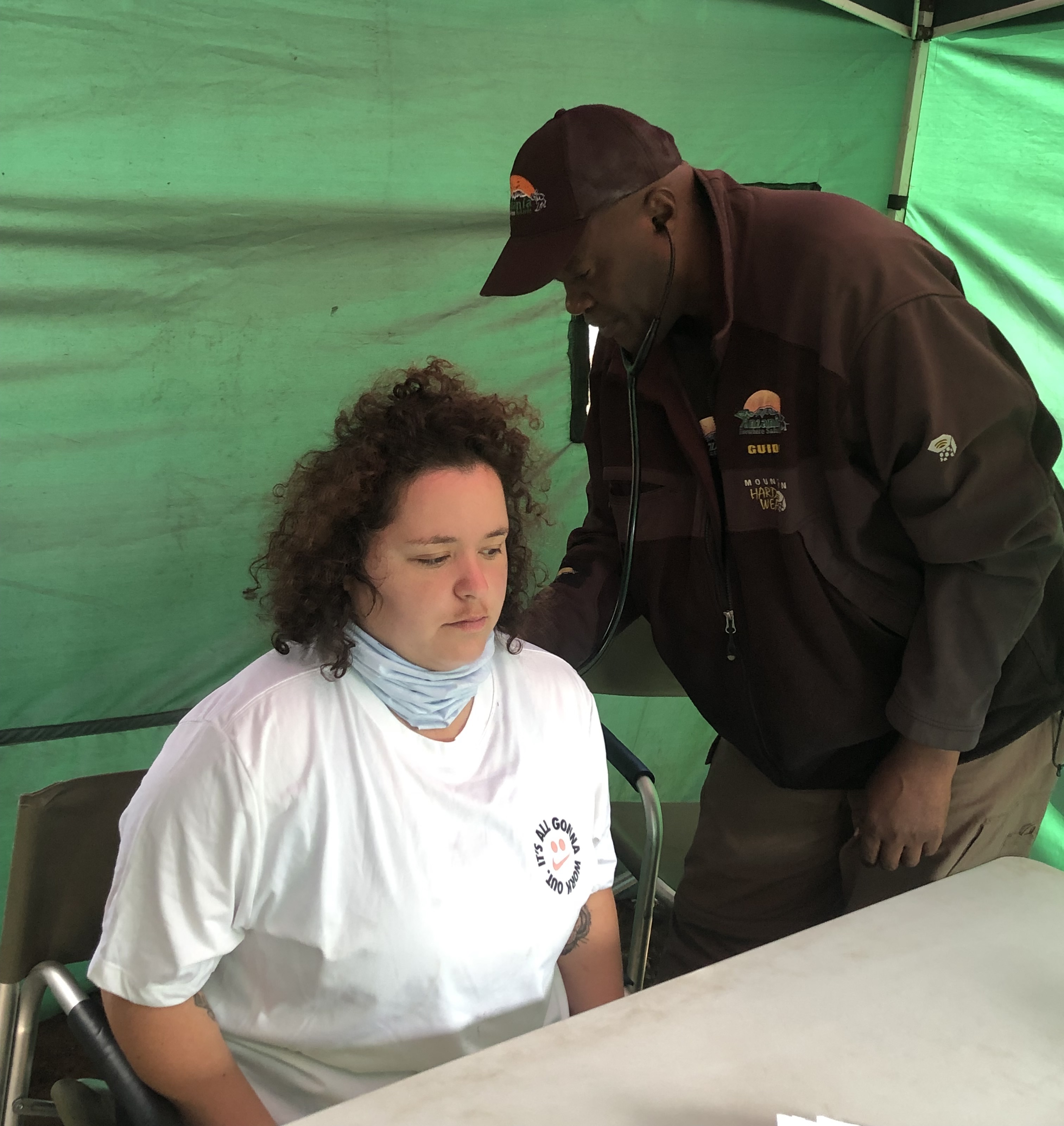
Preparation for the Climb
1. Physical Preparation:
- Train in Advance: Start training at least 4-6 weeks before the trek. Focus on cardiovascular exercises (hiking, running, or walking on inclined surfaces) and ensure you’re building endurance.
- Strengthen Your Core & Legs: Incorporate exercises that target your legs and core to help with uphill climbing and carrying a pack.
- Acclimatization: Gradually acclimatize to the altitude by following the “climb high, sleep low” rule. This means hiking to higher altitudes during the day and descending to lower altitudes at night.
2. Altitude Sickness Prevention:
- Take It Slow: Ascend gradually to help your body adjust to the higher altitude. A slower pace improves your chances of acclimatization.
- Stay Hydrated: Drink 3-4 liters of water a day to stay hydrated. Dehydration can worsen altitude sickness.
- Eat Regularly: Consume high-energy snacks and meals to maintain energy and assist with acclimatization.
- Consider Supplemental Oxygen: Consult your guide about carrying supplemental oxygen if you’re prone to altitude sickness.
Safety on the Mountain
1. Guides & Porters: Always trek with a certified guide and porter who are familiar with the terrain, weather, and safety risks.
2. Weather Awareness: Kilimanjaro's weather can change rapidly. Be prepared for rain, cold, and high winds, especially at higher altitudes.
3. Emergency Plan: Ensure your tour company has an emergency evacuation plan in place. Familiarize yourself with the signs of altitude sickness and know where the nearest emergency station is located.
4. Trekking Poles: Use trekking poles to improve stability, especially on rocky or steep terrain.
Medical Tips for Climbing Kilimanjaro
1. Altitude Sickness:
- Symptoms: Nausea, dizziness, headaches, fatigue, and difficulty breathing.
- Prevention & Treatment:
- Diamox (Acetazolamide): This medication helps prevent and treat altitude sickness. Take it 24 hours before ascending and throughout your climb. Always consult your doctor before using Diamox.
- Rest & Descend: If you experience symptoms, stop and rest. If symptoms persist, descend to a lower altitude immediately.
2. Dehydration & Heat Exhaustion:
- Symptoms of Dehydration: Dark urine, dry mouth, dizziness.
- Prevention: Drink at least 3-4 liters of water daily and use electrolyte tablets.
- Heat Exhaustion: Symptoms include nausea, dizziness, and muscle cramps. Rest in the shade, hydrate, and cool your body down.
3. Injuries & Blisters:
- Blister Prevention: Wear moisture-wicking socks and carry a blister kit.
- Injury Treatment: Stop immediately if injured, apply ice, and elevate the limb if possible. Inform your guide right away.
4. Stomach Illnesses:
- Prevention: Avoid drinking untreated water. Use water purification tablets or drink water provided by your guide.
- Symptoms: Diarrhea, nausea, and stomach cramps.
- Treatment: Use anti-diarrheal medication (e.g., Imodium), rest, and stay hydrated.
How to Take Medicine on Kilimanjaro
1. Consult Your Doctor:
Before the trek, consult your doctor about your fitness, any pre-existing conditions, and the right medications for the climb.
2. Altitude Sickness Medication:
- Diamox (Acetazolamide): Take 250 mg twice daily (after breakfast and lunch) starting 48 hours before your trek. Follow your doctor's advice.
- Other Medications: Carry painkillers, anti-inflammatory drugs, and any personal prescriptions.
3. Medication Storage:
- Daypack: Store medications in an easily accessible daypack. Keep them in their original packaging with clear instructions.
- Altitude-Specific Medications: Keep Diamox and other medications close by at all times.
4. Emergency Medical Kit:
- Essentials: Carry a small first-aid kit with antiseptic wipes, Band-Aids, blister pads, painkillers, and medications for stomach issues.
- First Aid Knowledge: Ensure that your guide or group leader has basic first aid knowledge. Always alert your guide if you feel unwell.
Additional Tips:
- Know the Symptoms: Recognize the early signs of altitude sickness, dehydration, and exhaustion to avoid complications.
- Pre-Trek Health Check: Get a full medical check-up before your climb, especially if you have underlying health conditions.
By following these safety tips, preparing physically in advance, and managing your health properly during the climb, you'll increase your chances of a safe and successful Kilimanjaro adventure!
